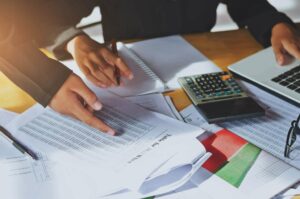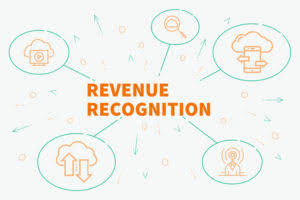Technology is constantly evolving, and it’s important to keep your bookkeeping software up to date. Regular software updates and upgrades ensure that you have access to the latest features and improvements, enhancing the efficiency and effectiveness of your bookkeeping processes. By implementing these practices, you can maintain a clear and organized record of your business income, enabling you to make informed financial decisions and meet your reporting obligations.
This means that you must keep accurate records of all your financial transactions, including income, expenses, and taxes. It is important to note that as a sole trader, you are personally liable for any debts or legal issues your business may face. QuickBooks is one of the most comprehensive accounting software packages available, offering a sole trader plan. It has various income and expense tracking features as well as invoicing and reporting capabilities.
Understanding the Benefits of Professional Advice
They can provide more detailed and accurate financial reports and offer advice and guidance on making tax savings. The Australian Government Business website is an excellent place to start as they provide sole trader accounting comprehensive information and tools for small business owners. In addition to the business.gov.au, there are also various online courses and tutorials that can help you improve your bookkeeping skills.
Which in turn will enable you to communicate effectively and professionally with others, and bolster your self-assurance as a business proprietor. Prepare Financial Statements – Generate profit and loss statements to assess monthly performance. They make a more comprehensive assessment of all your business finances and suggest strategies for optimisation and business development. In this guide we’ll tell you all you need to know about the basics of bookkeeping for self-employed professionals, to make it as straightforward and productive as possible. Effective bookkeeping does take time, effort and some initial self-education to learn how to do.
Avoiding Common Mistakes in Sole Trader Bookkeeping
You’ve got to handle business expenses, understand your tax responsibilities, and ensure you follow the HMRC’s digital submission rules. The rules for sole traders are different to limited companies but if the expenses are “allowable” per HMRC, you can offset them against your self-employed income to work out your taxable profit. Furthermore, tracking income and expenses will allow you to identify areas where you might be overspending or underspending so that adjustments can be made accordingly. This information is also valuable when creating profit and loss statements or analysing financial ratios. Accurate record-keeping allows you to monitor the financial health of your business easily and make adjustments where needed. When it comes time to file taxes or apply for a loan or credit line, having clear records can make the process much smoother.
This means they alone operate the business and retain all profits and losses. They make all managerial decisions themselves and are legally responsible for all aspects of the business. Working with an accountant or bookkeeper can also provide you with valuable advice and guidance.
Certifications for Your Bookkeeping Business
This type of software can also help you cut your tax bills and reduce the risk of making mistakes. Some even make it easier to form a limited company if that’s the direction you want to go in. You should also browse https://www.bookstime.com/articles/accounting-and-bookkeeping-services the chart of accounts and make sure it’s organized in a way that makes sense for your business. Cloud accounting software like Xero or QuickBooks drastically simplifies recording transactions digitally.
Log Income Regularly – Enter income into your bookkeeping system as soon as payment is received. This could be daily, weekly, or monthly, depending on the volume of transactions. Furthermore, because the two Payments on Account are based on an estimated liability, there's a third payment required, which is called a balancing payment. This needs to be made by the self-assessment tax return deadline (31 January following the end of the tax year). If you have employment or pension income and want HMRC to collect the self-employed tax through your PAYE tax code, you need to submit your tax return online by this date. Typically, these types of software are relatively evenly priced, but they’re not always the same price for the same features.





